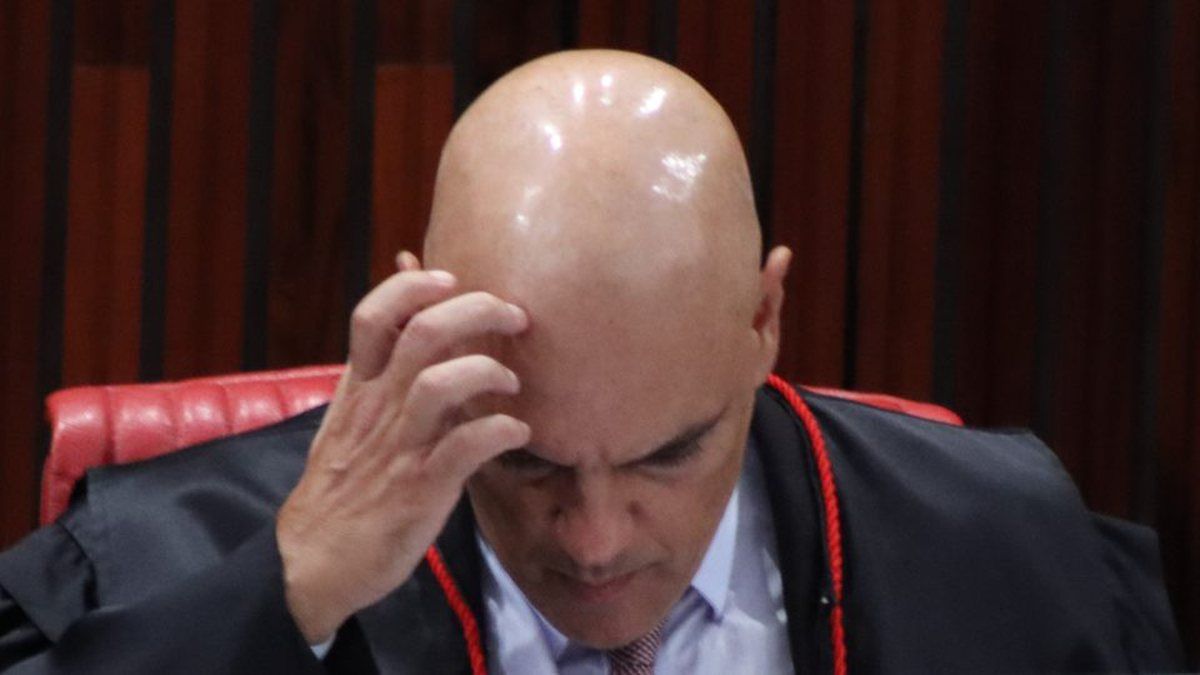Brazil’s Supreme Federal Court (STF) has just issued a ruling opening the door to criminalizing journalistic work, it was reported in Brasilia. As per the new rationale, the media can be held legally responsible for the publication of interviews with people who falsely attribute crimes to third parties and such a doctrine is to be used by lower courts to hold news outlets accountable.
According to the STF’s decision, “injurious” and “lying” information happens under two scenarios: The first is when at the time of publication there were “concrete indications” that the accusations made by the interviewee were false. The second scenario is if the media outlet “failed to observe the duty of care in verifying the veracity of the facts and in disclosing the existence of such indications.”
The case stems from a 1995 complaint against Diário de Pernambuco for having published an interview in which a police commissioner accused a politician, without evidence, of having participated in a bomb attack at the São Paulo airport during the military dictatorship.
Diario de Pernambuco invoked freedom of the press but was ultimately ordered to pay compensation to the plaintiff, which was upheld by the STF.
Reporters Without Borders and other organizations signed a letter this week warning of a “permanent threat of legal proceedings” and the possibility of self-censorship. “Imputing a responsibility that does not belong to the media may force them, for example, to have to make a prior control of the interviewees’ answers or to stop interviewing,” the signatories asserted.
In the last 10 years, 6,000 complaints have been registered with the aim of “curtailing journalistic content,” the note also pointed out.
“In the event of publication of an interview in which the interviewee falsely accuses a third party of committing a crime, the newspaper company can only be held civilly liable if, at the time of publication, there was concrete evidence of the falsity of the accusation, and the media outlet failed to observe its duty of care in verifying the veracity of the facts and disclosing the existence of such evidence,” Agência Brasil quoted the Supreme Court’s ruling as saying.
The thesis also opens the way for the removal of content published on social networks that is considered untrue.
Despite freedom of the press, removing content that contains information that is demonstrably “injurious, defamatory, slanderous or untruthful” is allowed.
The rationale was drafted by Justice Alexandre de Moraes, and the suggestion to include the possibility of removing content was raised by Lula’s appointee Justice Cristiano Zanin, Agência Brasil also said.
“The classic issue of freedom of the press, eventual and exceptional abuse, was about newspapers and periodicals. Then, once they were published, liability ended because the newspaper was of that day. Today, with social networks, we saw this in the elections, that content continues,” said Moraes.
Former Federal Deputy Ricardo Zarattini Filho sued Diário de Pernambuco for moral damages as a result of an article published in 1995 in which politician Wandenkolk Wanderley claimed that Zarattini, who died in 2017, was responsible for the bombing of Recife airport in 1966, during the military dictatorship.
Zarattini’s legal team argued that Wandenkolk had made false accusations and that the publication of the interview had caused serious damage to their client’s honor.
STF Chief Justice Luís Roberto Barroso said that the Court’s decision applies to cases of bad faith and negligence in investigating the facts. In his view, the only restriction on freedom of expression is the malicious act of broadcasting false information.
“This case was judged with great exceptionality because there was an intention to harm someone, who had already been acquitted. If a person has been acquitted, you can’t say they’ve been convicted. If a person has never been convicted, you can’t say that they have been convicted,” he said.
Mercopress




